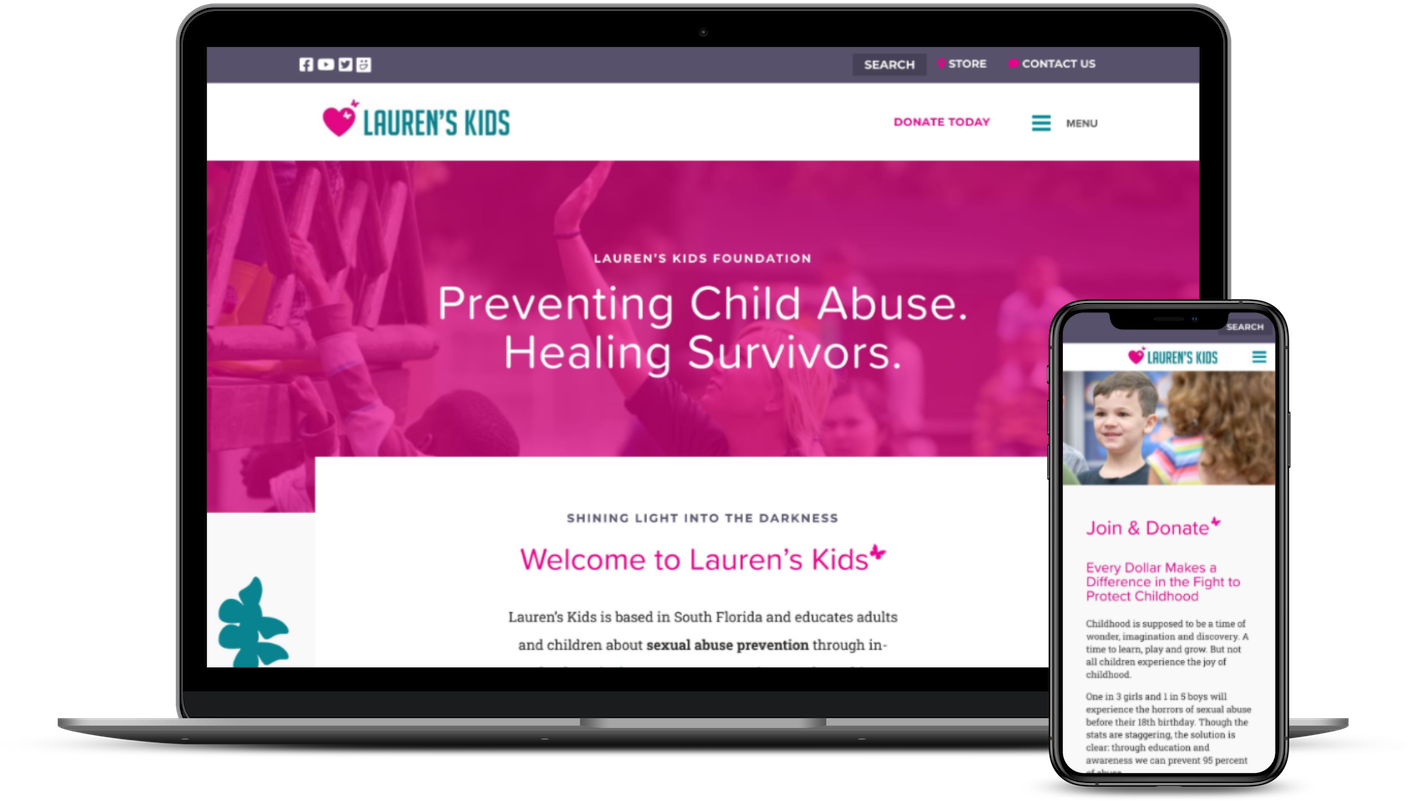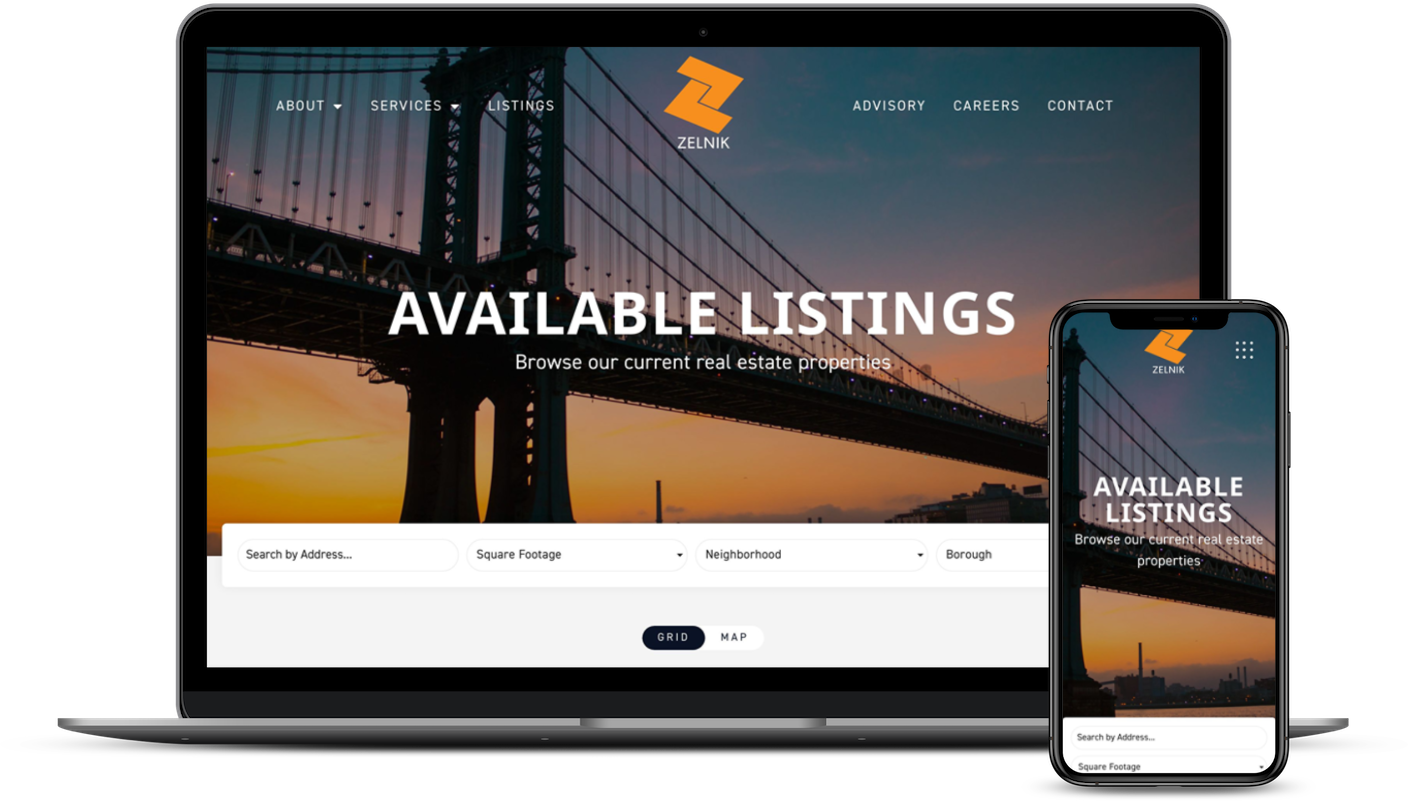As technology continues to evolve, the way that commercial real estate businesses market themselves online is also changing. In this post, we’ll take a look at some of the most significant trends in commercial real estate website design, and how these trends are shaping the future of the industry.
- Mobile-first design. No shocker here… with more and more people accessing the internet via their smartphones and tablets, it’s essential that commercial real estate websites are designed with mobile users in mind. This means ensuring that websites are responsive, meaning that they automatically adjust to fit the screen size and resolution of the device being used. A mobile-first design approach also involves prioritizing the most important information and features for mobile users, and streamlining the overall user experience.
- Virtual tours and 3D visualization. As the COVID-19 pandemic has shown, it’s not always possible or practical for potential buyers or renters to physically visit a property in person. As a result, virtual tours and 3D visualization tools are becoming increasingly popular for commercial real estate websites. These tools allow users to take a virtual walkthrough of a property, getting a feel for the layout, size, and features of the space.
- Personalization and customization. Commercial real estate websites that offer personalized and customizable experiences are likely to be more successful in the future. For example, a website might allow users to create custom searches based on their specific needs and preferences, or offer recommendations based on their browsing history. Personalization can also involve adapting the look and feel of the website to the user’s location or language.
- Artificial intelligence and machine learning. AI and machine learning technologies have the potential to revolutionize the way that commercial real estate websites operate. For example, an AI-powered chatbot might be able to answer questions and provide information to users in real-time, or a machine learning algorithm might be able to make personalized recommendations based on a user’s search history.
- Video content. Video content is becoming increasingly important for commercial real estate websites, as it allows users to get a more immersive and interactive experience. This can include virtual tours, as mentioned above, but also behind-the-scenes looks at properties, interviews with experts, and more.
As the commercial real estate industry continues to evolve, so too will the way that businesses market themselves online. By staying up-to-date on the latest trends and technologies, commercial real estate websites can ensure that they are effectively reaching and engaging their target audiences.
Need an effective website for your commercial real estate company? Let’s chat. Contact us today.


